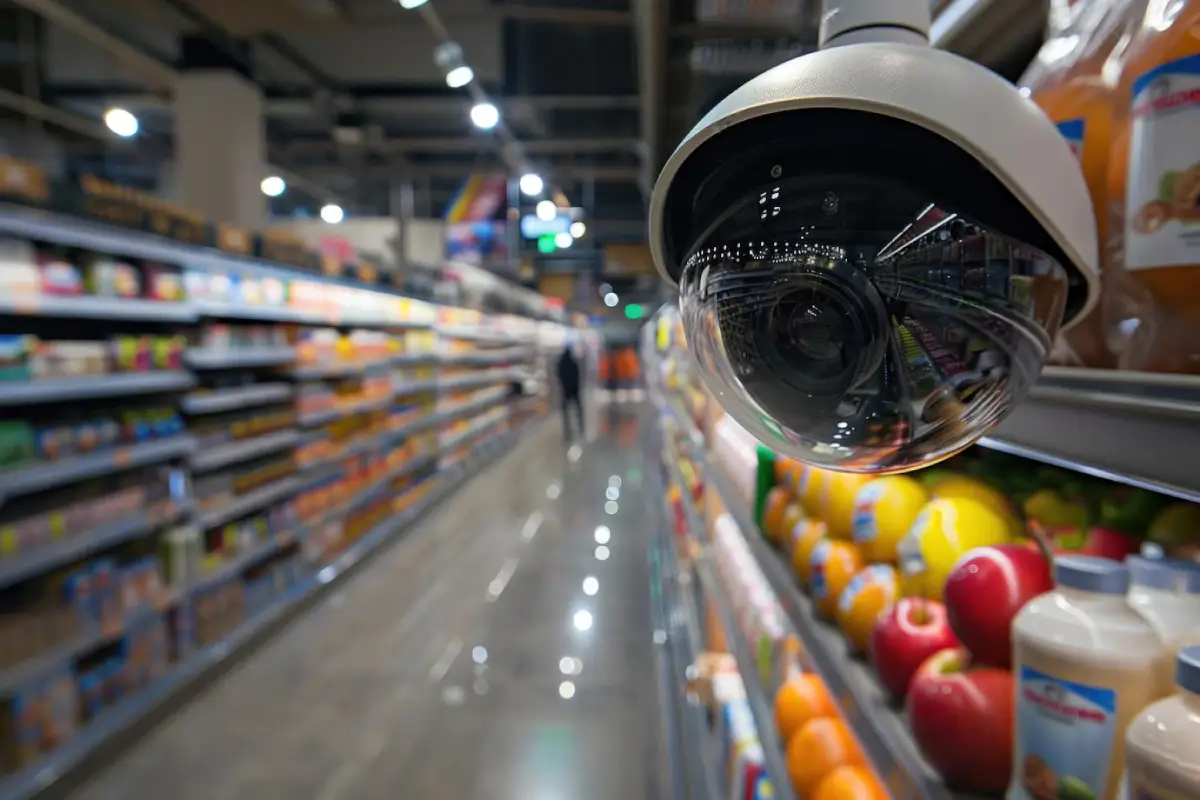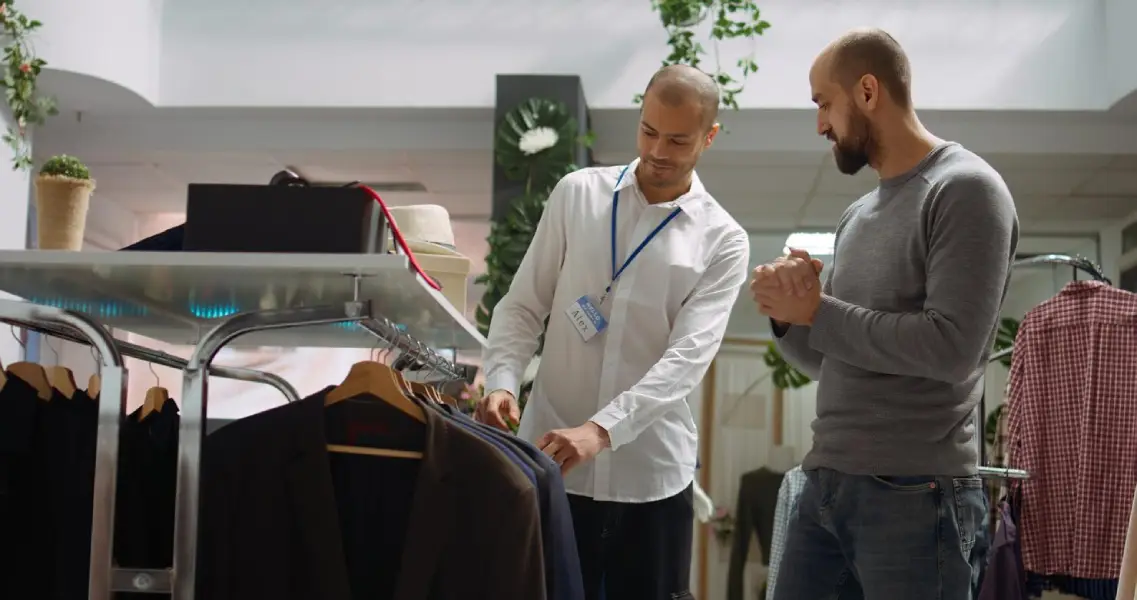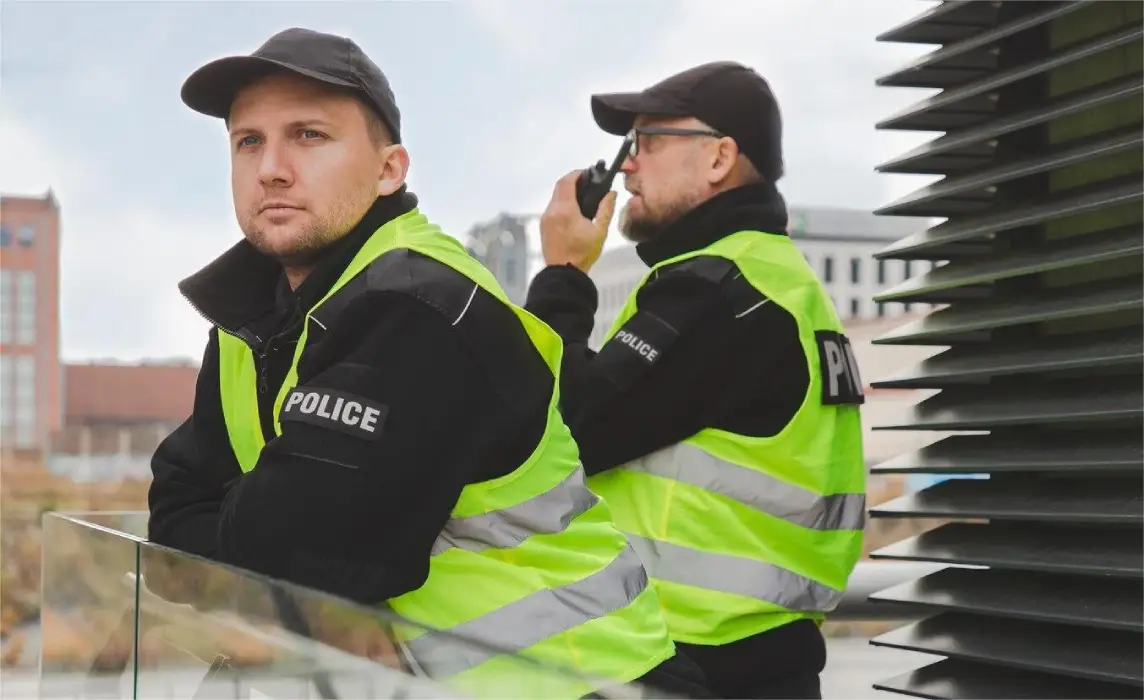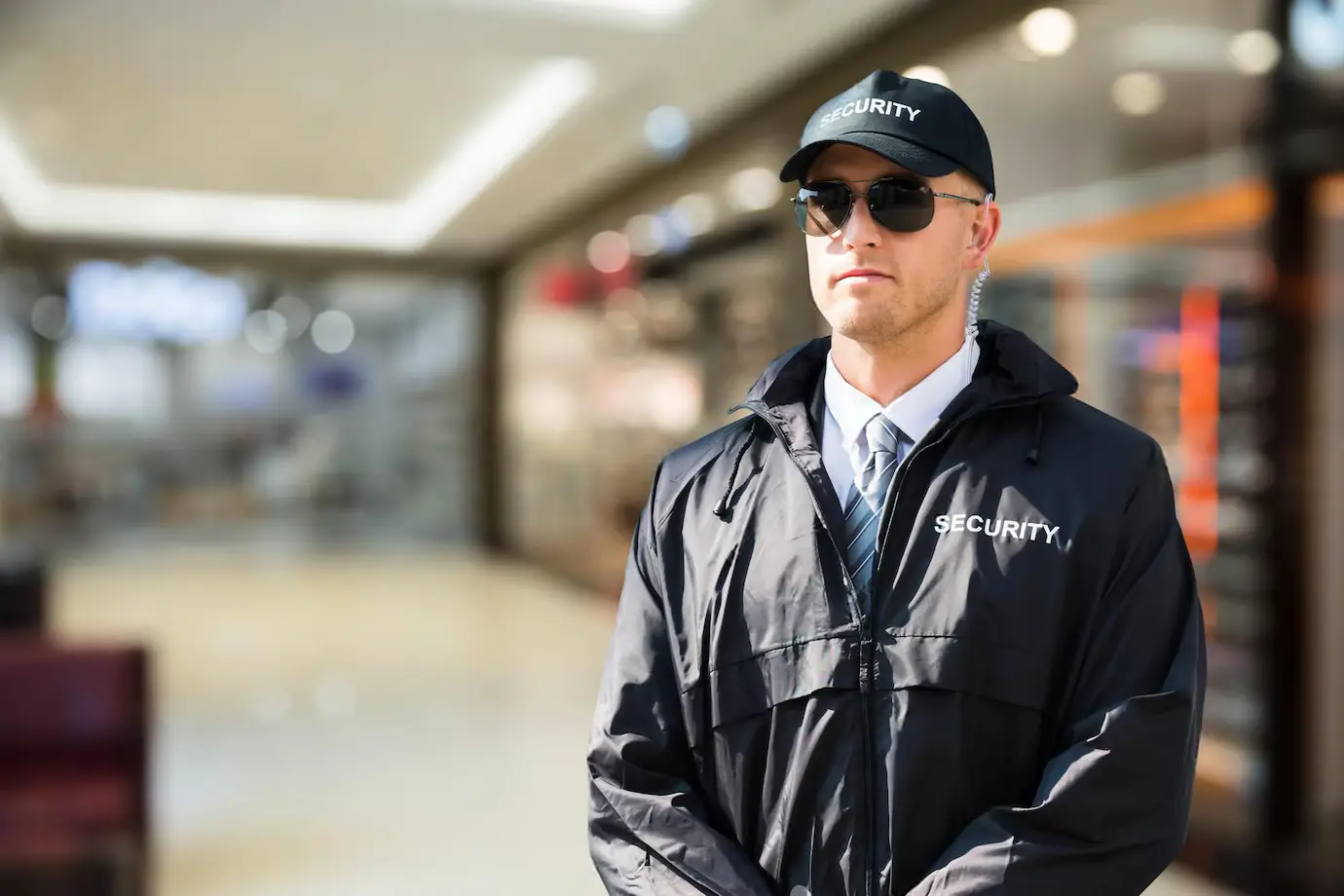
CCTV Licence If I Work in a Retail Supermarket
By London Security College Is Your Licence Near to Expire? SIA Refresher Training + First
Join us in a SIA Top Up Training to renew your licence
The security industry in the UK operates under strict regulations, particularly when it comes to roles that involve monitoring public spaces or private premises through CCTV. Security Industry Authority (SIA) licences are mandatory for individuals performing specific security tasks, and it’s important for security officers, managers, and companies to understand which licences are required for different CCTV-related activities. This guide aims to answer some common questions about SIA licensing requirements, especially for those holding a Door Supervisor Licence and wondering if they need an additional CCTV Public Space Surveillance Licence.
A common question arises for individuals with a Door Supervisor Licence: Do they need an SIA Public Space Surveillance (CCTV) Licence to manage CCTV systems? Here are some considerations:
The SIA specifies that a CCTV Licence is needed if the individual’s activities involve:
Therefore, if the purpose of the CCTV monitoring is to protect against disorder or ensure public safety, a CCTV licence may be required, even if the individual holds a Door Supervisor Licence.
If the individual’s duties extend beyond identifying trespassers or protecting property—covered by a Door Supervisor Licence—and involve activities to prevent or respond to disorderly conduct or threats to public safety, then a CCTV Licence is indeed required. The SIA regulations specify that guarding premises or people through CCTV to prevent disorder or assault constitutes a licensable activity.
To summarise:
For further clarification on which job roles require a licence, refer to the SIA’s guidelines on licensing integration.
Reviewing recorded footage for investigative purposes within a private building typically does not qualify as a licensable activity under SIA standards, provided it does not involve real-time monitoring or the intent to prevent public disorder. When an individual is simply assessing footage after the fact, and this footage is restricted to private areas without interaction with the public, an additional licence may not be required.
However, if reviewing footage includes identifying individuals to protect people or maintain public order, the activity could be considered licensable, requiring a CCTV Licence in addition to a Door Supervisor Licence.
If reviewing footage is determined to be a licensable activity due to the scope and intent of monitoring:
The SIA provides clear information on activities that require a CCTV Licence, accessible under licensable activities.
When CCTV footage includes identifiable persons and is used in a capacity that could impact public or personal security, this falls under SIA’s licensable activities. The SIA stipulates that any footage containing identifiable individuals, particularly in public or accessible spaces, needs to be handled with an appropriate CCTV Licence if it’s used to monitor behaviour or prevent disorder.
Even if the footage is taken in a private building, if it captures areas accessible to or involving the public, or if it is used to monitor security risks, a CCTV Licence may be necessary to ensure compliance with SIA regulations.
Yes, the SIA has provided information to various organisations on licensing requirements for CCTV activities in the past 12 months. The frequency of this inquiry highlights the importance of understanding the nuances of SIA licensing for CCTV operations.
To ensure compliance:
By understanding these guidelines, security officers and security companies can ensure they have the appropriate licences to operate legally and effectively in CCTV surveillance, promoting safer and more secure environments for everyone.

By London Security College Is Your Licence Near to Expire? SIA Refresher Training + First

By London Security College Is Your Licence Near to Expire? SIA Refresher Training + First

By London Security College Is Your Licence Near to Expire? SIA Refresher Training + First

By London Security College Is Your Licence Near to Expire? SIA Refresher Training + First
London| Birmingham| Manchester | Leeds | Glasgow | Sheffield
London Security College is the leading supplier of SIA Licence courses in London. We excel in SIA Courses such as SIA Door Supervisor Course, SIA Top Up Training, SIA CCTV Surveillance Course, First Aid Courses, Traffic Marshal Banksman Course Online, and Forklift Training Course.
“It is impossible for a man to learn what he thinks he already knows”
London Security College
International House,
24 Holborn Viaduct,
London, EC1A 2BN
020 8050 4108
Copyright © LONDON SECURITY COLLEGE is a training and hiring platform

Fill in the form below